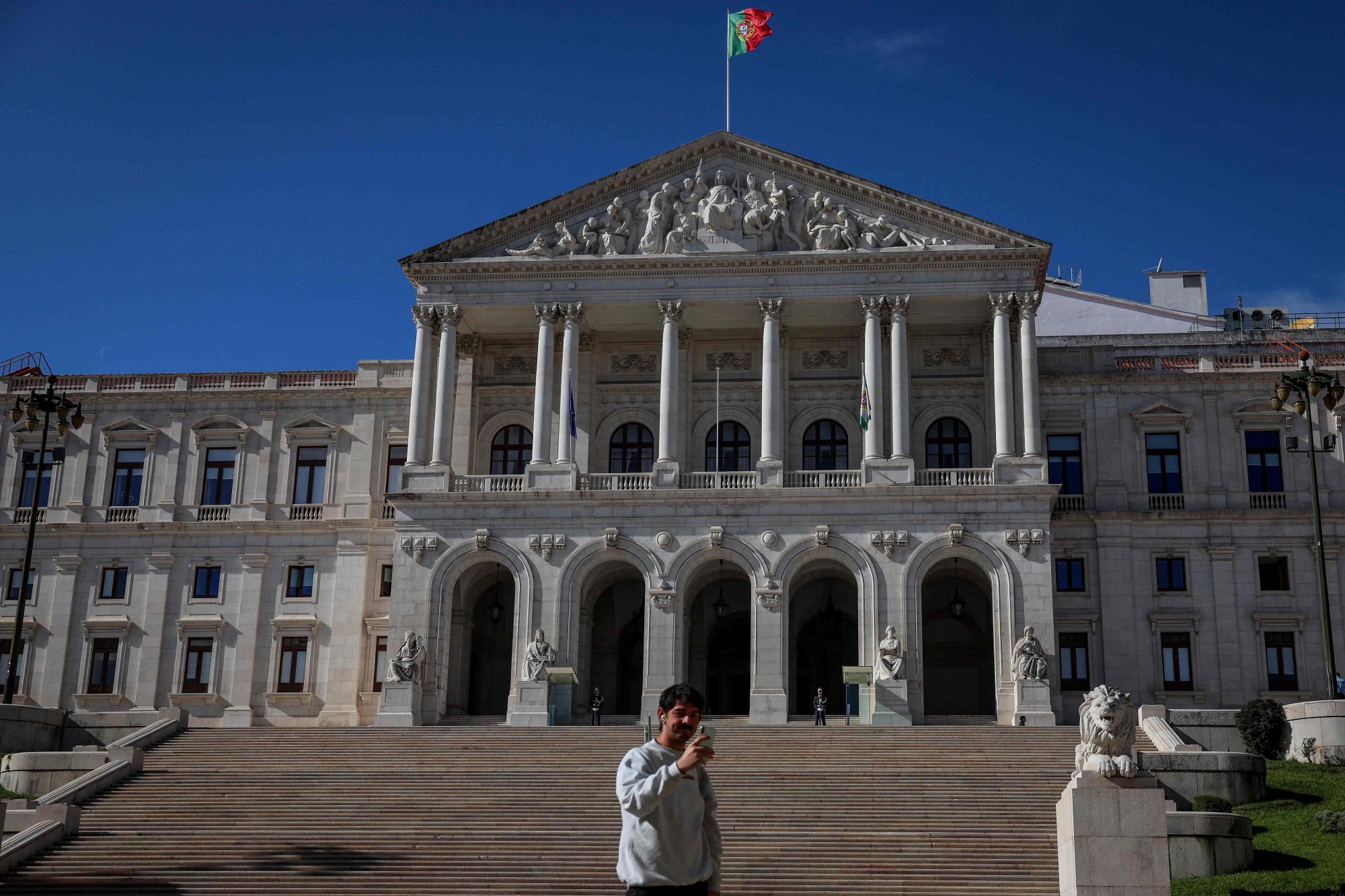
Portugal Prime Minister Antonio Costa resigns amid corruption scandal
- The PM and others have been embroiled in an investigation over the awarding of energy-related contracts
- Costa will also be probed for allegedly intervening personally to speed up the awarding of licences for lithium exploration and hydrogen production
Portuguese Prime Minister Antonio Costa announced his resignation on Tuesday after he was embroiled in a corruption investigation into the awarding of energy-related contracts.
The probe involving Costa and others covers alleged “misuse of funds, active and passive corruption by political figures, and influence peddling”, according to a statement from public prosecutors.
Costa will also be investigated independently for allegedly intervening personally to speed up the awarding of licences for lithium exploration and hydrogen production, the statement said.
“The duties of prime minister are not compatible with any suspicion of my integrity,” Costa told a press conference. “In these circumstances, I have presented my resignation to the president of the Republic,” he added.

Portugal’s head of state Marcelo Rebelo de Sousa accepted Costa’s resignation and called for a meeting of parliamentary parties on Wednesday with the aim of organising an early election, according to a statement from the Portuguese presidency.
Before he can dissolve parliament and call early elections, the president must also convene the Council of State, which includes the country’s most senior politicians, former presidents and other notable figures.
“The President of the Republic will address the nation immediately after the meeting of the Council of State,” the statement added.
Costa, from Portugal’s Socialist Party, has been prime minister since late 2015 and was re-elected in January 2022.
Socialist Party president Carlos Cesar said the party “is prepared for all scenarios, either early elections or a change of leader in the government”.
Costa told reporters that he was “surprised” by the opening of the investigation, while rejecting the idea that anything illegal had been done.
“No one is above the law … the judicial authorities are free to investigate”, said Costa, who spoke with his ministers on Tuesday evening.
Earlier on Tuesday, Portuguese media reported that investigators had searched several ministries as well as Costa’s offices and official residence.

Public prosecutors later said they had indicted Infrastructure Minister Joao Galamba and issued an arrest warrant for Costa’s chief of staff.
The investigation covers lithium mining concessions in the north of the country, as well as a hydrogen production project and data centre to be built by the company Start Campus in Sines, a town about 100km (62 miles) south of Lisbon.
Citing flight risk and the possibility that illegal activity could continue, arrest warrants were also issued for the mayor of Sines and two executives at Start Campus.
The president of the executive board of the Portuguese Agency for the Protection of the Environment (APA) was also indicted.
APA in May approved a lithium mining project, an essential metal for the manufacturing of electric batteries. A second project was given the green light at the start of September. The projects are opposed by environmental groups and part of the local population.
Portugal has the largest lithium reserves in Europe and is the continent’s leading producer, but its current output goes entirely to the ceramic and glassmaking industries.
Costa’s popularity has recently declined after a series of scandals, including one linked to the national airline TAP. The scandal, dubbed TAPgate, led more than a dozen ministers and secretaries of state to leave their positions.
The controversy erupted almost a year ago following revelations that a TAP director was given a €500,000 (US$534,000) severance package. After leaving TAP, Alexandra Reis was appointed head of state-run air traffic control company NAV. Then in early December she became junior minister at the treasury.

.png?itok=arIb17P0)